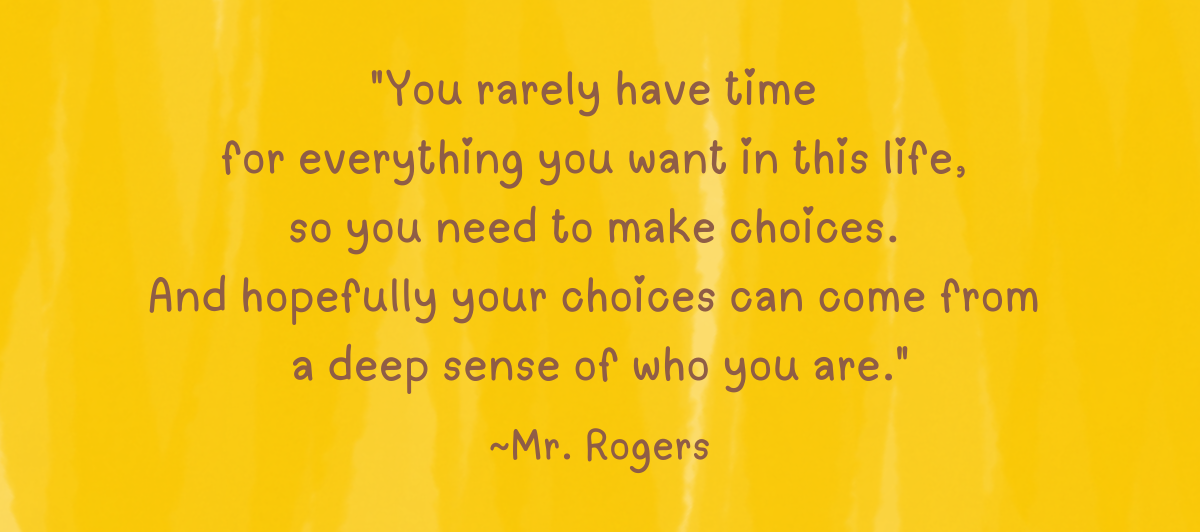

Ditching the phrase ‘make a good choice’
I avoid saying ‘make a good choice’ to my son. I’ve found that saying ‘good’ isn’t specific enough. Instead, I encourage him to make choices that align with his character. I emphasize specific character traits by saying, ‘make a respectful choice’, ‘make a determined choice’, ‘make a kind choice’, ‘make a responsible choice’ etc.
Remember that choice you made out of anger? It seemed like a ‘good choice’ in the moment to say it, do it, post it or type it. That’s why it’s important to be specific with your kids, since emotionally-driven choices can initially appear to be the right one, yet ultimately lead to regret and remorse because the choice didn’t show their character.
When faced with a choice, I want my son to think beyond the emotions he is experiencing. I want him to consider the consequences of his actions. Rather than doing or saying what feels ‘good’ in the moment, I want him to make choices that demonstrate respect for himself and others, determination to pursue his goals, kindness towards those around him and responsibility for the consequences of his actions.
This is what I know: When you give a specific character trait for your child to base their choice on, it helps them move beyond their immediate emotions and concentrate on the person they aspire to be.
Until next time,


